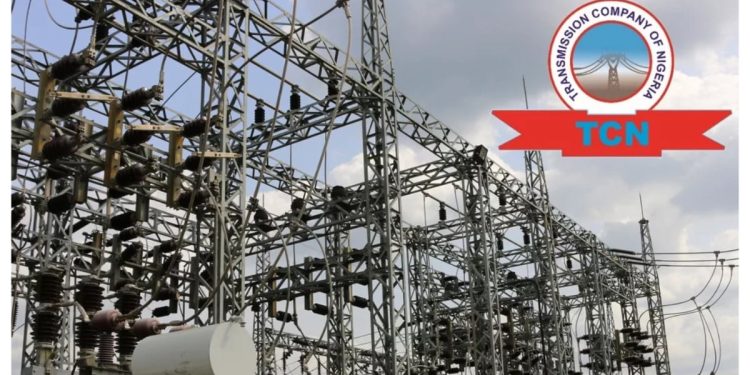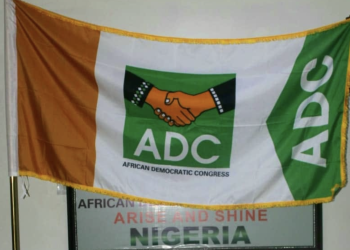The Federal Government has called on the member states of the European Union (EU) to continue to provide technical, financial, and other assistance to Nigeria, especially the power sector, which is the driving force of the economy.
The government noted that the sector is critical to the optimal performance of the economy.
The Minister of Power, Chief Adebayo Adelabu made the call at the weekend when he received the EU Ambassador to Nigeria, Gautier Mignot, in his office in Abuja.
Adelabu expressed the readiness of Nigeria to continue to work and collaborate with the Union and all its development partners in achieving both bilateral and multilateral agreements.
He told the envoy that President Bola Ahmed Tinubu took the issue of the power sector very seriously and has given all the needed support for the sector to make a breakthrough.
The Minister noted in particular the enormous financial support that the power sector has received from European Union nations, such as Germany, France and many others along with their development partners.
He expressed delight in receiving the envoy as he said the meeting would ensure that both parties benefitted from the bilateral and multilateral relationships.
“First, let me thank you and welcome you. When I got the information that you wanted to meet with me, I wasn’t surprised. I was also excited to receive you in my office because we are trying everything possible to ensure that we benefit from bilateral and multilateral relationships when it comes to gaining experience of the Western nations on the issue of power.
” And like you rightly put it, the power sector is so critical to the optimal performance of every other sector. Without power, it would be tough for other sectors to perform actively, which is why Mr. President has placed so much premium and priority to transforming the Nigeria power sector.
“We have a history that we are not proud of. Over 60 years of electricity in Nigeria and we are still at this level of epileptic supply to households, businesses and industries. In fact, we got electricity before some European countries. So those that got electricity after us have stabilised their supply. They have made their supply reliable and they are benefiting from it through visible economic growth and industrial development.
“And today, we are still import-dependent on the majority of the things that we use in Nigeria not because we don’t have the raw materials to produce these things, but because of the lack of reliability and functionality of our power sector”, the Minister said.
The envoy expressed the desire of the EU to continue to work and collaborate Nigeria, especially in the power sector.
“For us, the energy transition aspect is very important. At the same time, we’re very much aware that Nigeria has to build on the sets with oil and gas, and gas especially.
“And as you know, we work with grants, work with loans through the EIB in particular. We have also now the new important financial stakeholder arriving, which is the European Bank for Reconstruction and Development, the EBRD. And you know that they are extending their mandate to six sub-Saharan African countries, including Nigeria. And Nigeria is becoming a shareholder of the EBRD. Because it’s not only a EU bank.
We have the majority of member states but there are many other stakeholders and beneficiary countries are shareholders. So it will also be a new source of financing. They will have an office in Lagos and they are more focused towards private sector than EIB. So it’s a new asset.”, he said.









